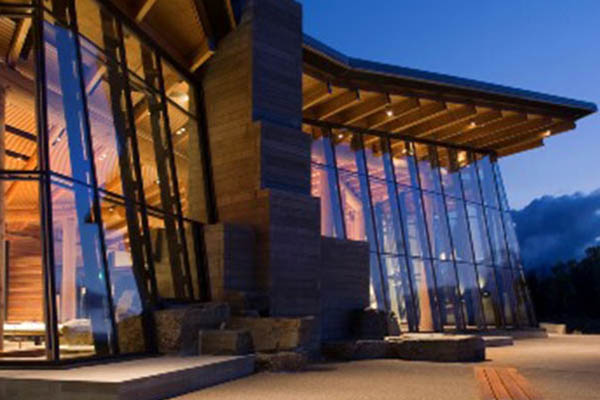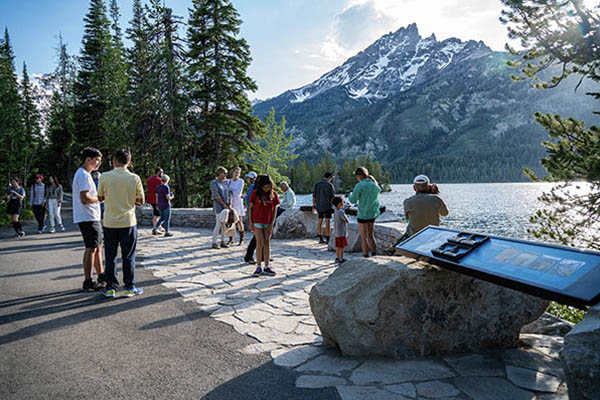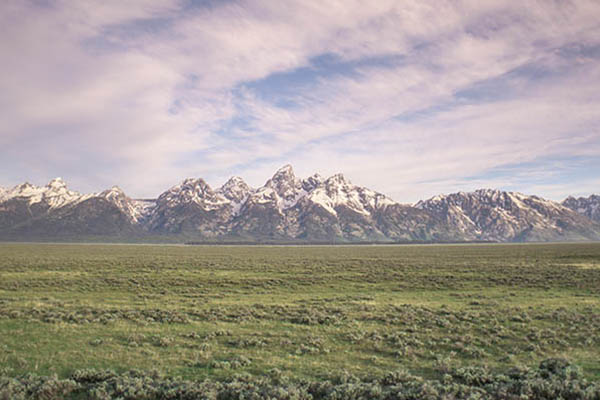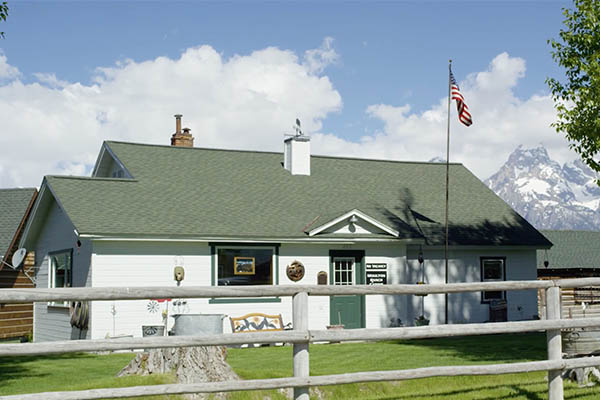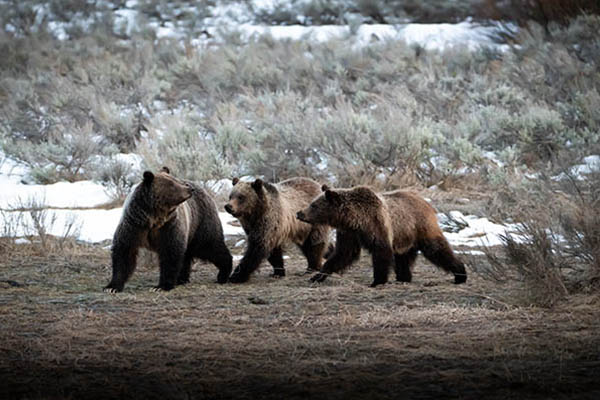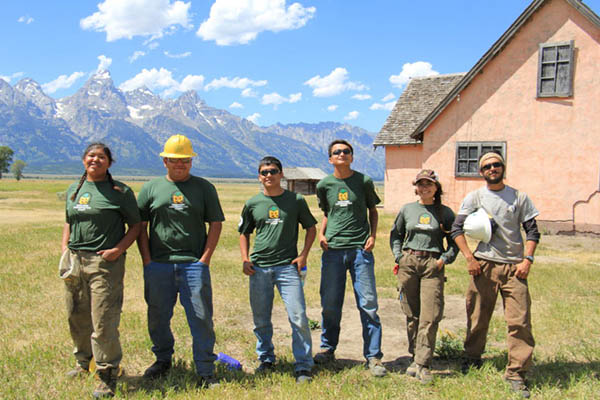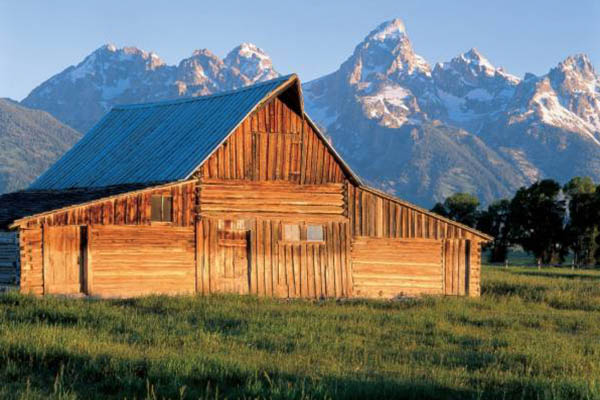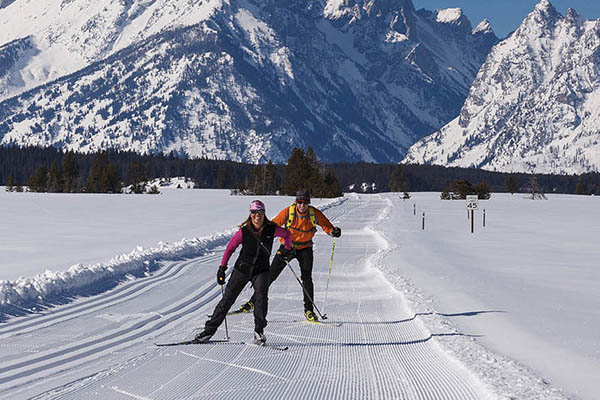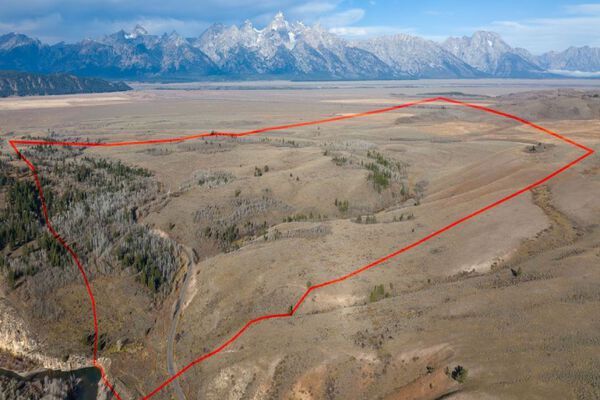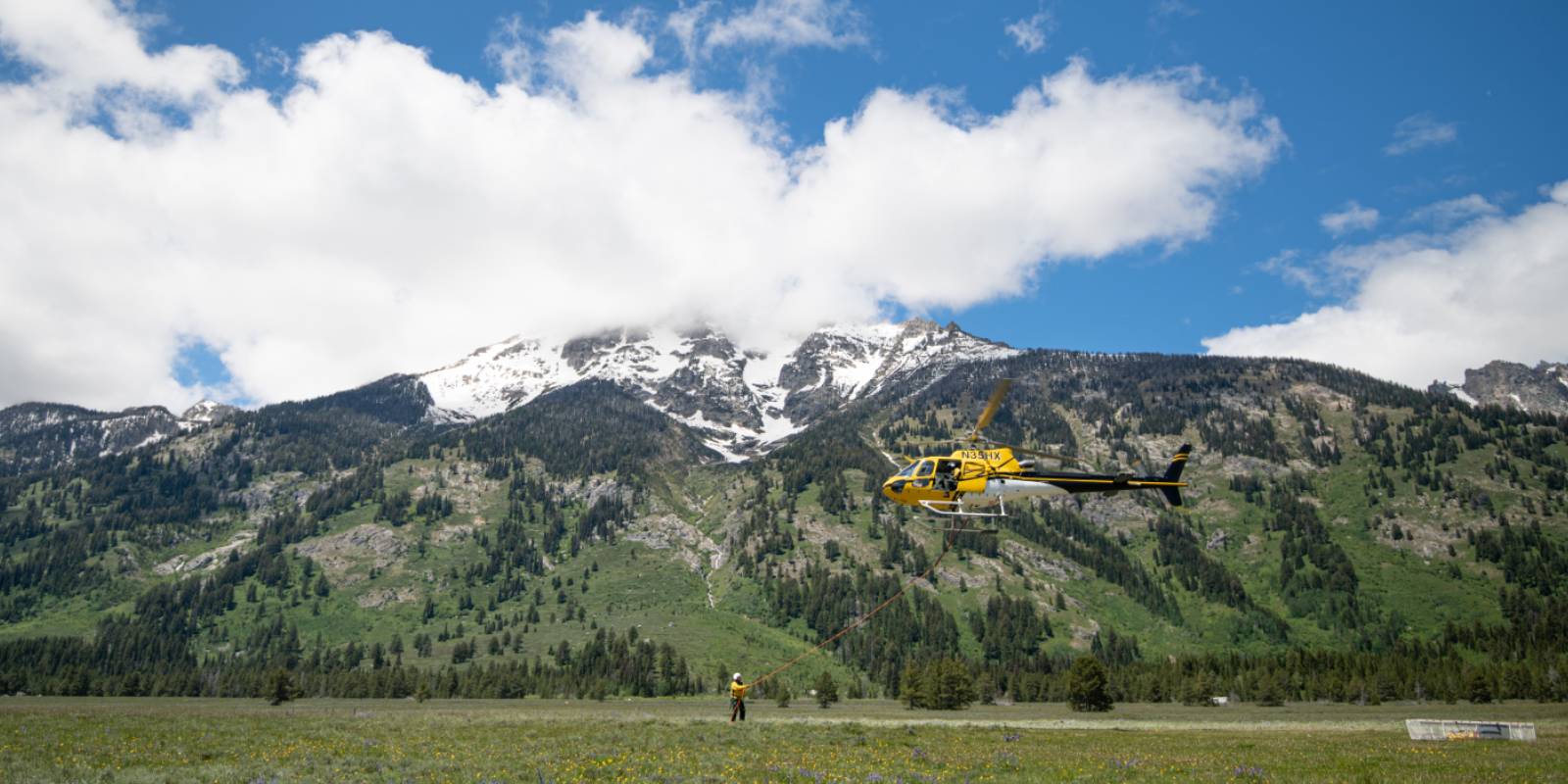WELCOME
"It's a wonderful thing to save a man's life. You give him back everything he will ever be. You give his wife and his children every act of kindness that he will ever offer them. . . . When I thanked our rescuer for coming his reply was 'That's my job.' But clearly, it is much more."
- Steve Tyler, Owen-Spalding Lightning Search, and Rescue, 2010
July 21, 2010
The call came in just afternoon. Lightning struck the Grand Teton multiple times, injuring seventeen climbers in three parties high on the mountain. The Jenny Lake Rangers were paged, and the largest rescue operation in Teton history began. Rangers rescued sixteen people from above 13,000 feet within eight hours, all suffering from various degrees of burns and lightning injuries. The extensive technical and medical expertise of the Jenny Lake Rangers enabled smooth rescue operations and prevented further tragedy.
SEARCH AND RESCUE
Grand Teton National Park has one of the most diverse search and rescue (SAR) programs in the National Park Service due to high visitation in a rugged environment.
Jenny Lake Rangers are highly skilled climbers and rescuers who undergo rigorous training. They respond to all types of emergencies, from sprained ankles on hiking trails to lightning strikes high in the peaks. Their partnership with expert helicopter pilots brings speed and agility to remote rescue operations, completing rescue missions in hours instead of days.
To many visitors in Grand Teton National Park, rescue means a complex and dangerous attempt to reach injured climbers. However, rangers may also be crossing a swollen river toward a stranded boater, extricating an unconscious motorist from a wrecked car, or coordinating a 100-person search for a missing child.
- Average 65 search and rescue missions a year
- Spend up to 280 hours per summer training in each discipline: law enforcement, emergency medical services, firefighting, technical rope rescue, and helicopter short-haul*
- Staff includes 5 permanent and 12 seasonal climbing rangers
INTERAGENCY AVALANCHE FORECASTING
During the winter, Jenny Lake Rangers add a meteorological technician to the team who collaborates with the Bridger-Teton Avalanche Center. The technician provides snowpack assessments and maintains two weather stations, contributing park-specific information to the daily avalanche forecast. The data is used by skiers and mountaineers in Grand Teton National Park, ensuring recreationists have relevant snow and weather information before entering the backcountry.
PUBLIC EDUCATION
Jenny Lake Rangers conduct educational programs aimed at raising backcountry safety awareness. Climbing rangers staff the Jenny Lake Ranger Station daily during the summer months, answering questions about routes and conditions to help climbers and hikers find suitable objectives within their abilities. They also maintain a website with up-to-date route and trail conditions for those who do not visit the ranger station. The park also collaborates with Teton County Search and Rescue's Backcountry Zero program, which aims to reduce fatalities in the Tetons through outreach and education programs.
"I cannot imagine a scenario that would have resulted in our survival short of the heroic rescue efforts that were made. . . . many of them putting themselves at substantial risk."
- Steve Tyler, 2010 Owen-Spalding SAR
PARK MEDIC PROGRAM
A nationally certified park medic program trains rangers to provide cardiac life support, intravenous therapy, and other advanced life support. Park medics work under the direction of St. John’s Medical Center.
HOW YOU CAN HELP
Contributions to Grand Teton National Park Foundation's Jenny Lake Rangers program will provide the highest-quality alpine search and rescue training to rangers, enhance the park's ability to procure and replace SAR equipment and acquire new technology, and assist the park's public education programs that promote safety. Grand Teton will not use donations to pay for rescue operations, the National Park Service funds rescue mission.
Follow the link below and note "Jenny Lake Rangers" in the comments field. Thank you!
CONTACT INFORMATION
For more information about how to support the Jenny Lake Rangers, call Grand Teton National Park Foundation at 307.732.0629
For current climbing conditions and route information, call the Jenny Lake Ranger Station at 307.739.3343

